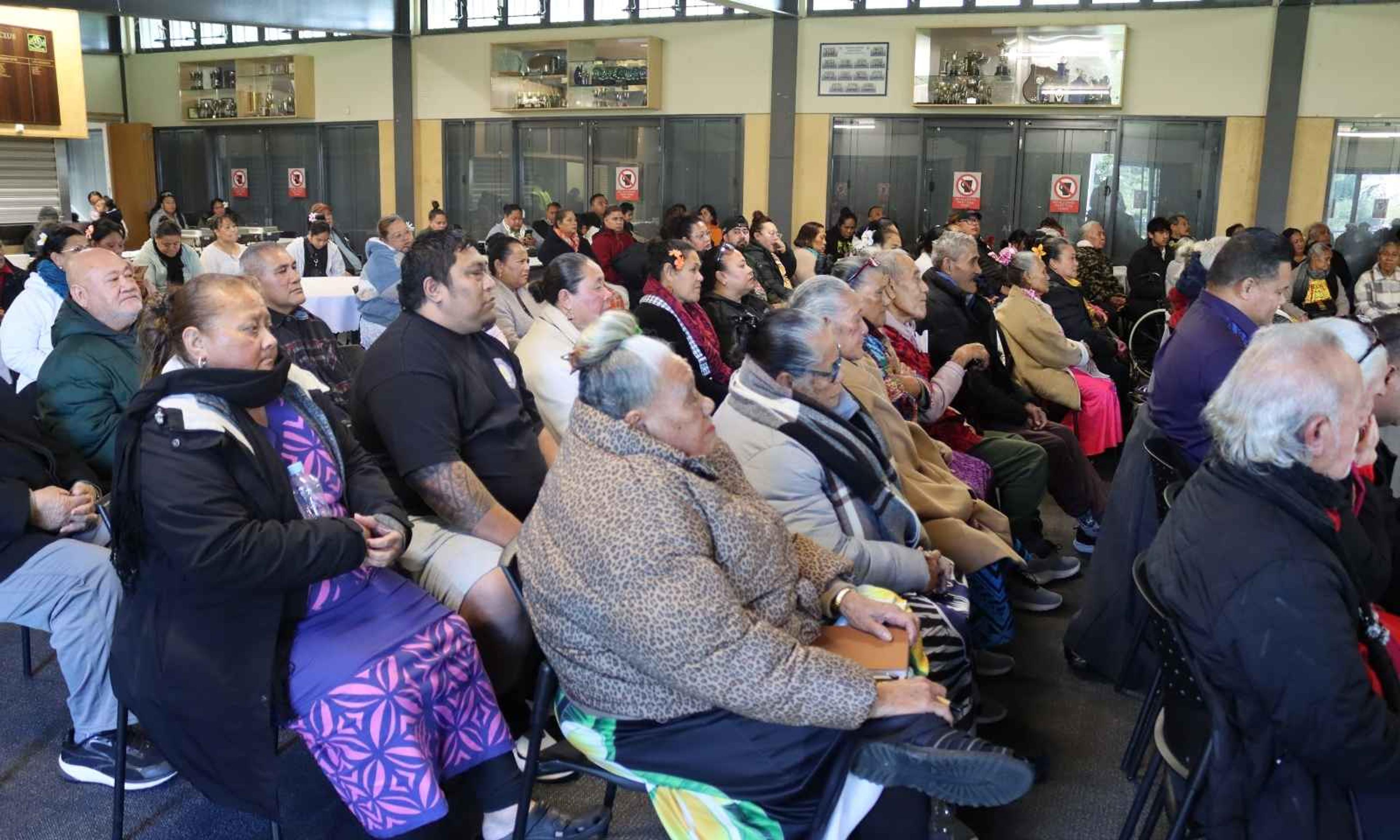

Pacific Media Network senior journalist Khalia Strong moderated the PMN RNZ Pacific Issues debate on 25 September from RNZ's Auckland studio. Photo/ PMN News/Screenshot
Photo/ PMN News/Screenshot
Election 2023: Emotions flow in civil but passionate Pacific issues debates
Opinion: Four candidates representing the major political parties went head-to-head in animated debate hosted by PMN's Khalia Strong.


One million children in the Pacific without a birth certificate - SPC

Tongan royals on historic visit to Fiji, strengthening ties and celebrating heritage

Still got it: 71-year-old athlete inspires at Pacific Mini Games

Major celebration in Manurewa marks restoration of Sāmoa citizenship rights

One million children in the Pacific without a birth certificate - SPC

Tongan royals on historic visit to Fiji, strengthening ties and celebrating heritage

Still got it: 71-year-old athlete inspires at Pacific Mini Games
Strong feelings were stirred in a spirited discussion between the four candidates representing the major political parties in the Pacific Issues debate, co-hosted by Pacific Media Network and RNZ.
The face-off, which was skillfully hosted by PMN senior journalist Khalia Strong and held in RNZ’s Auckland studio, saw Labour's Carmel Sepuloni, National's Fonoti Agnes Loheni, ACT's Karen Chhour and Teanau Tuiono from the Green Party go head-to-head, with all candidates speaking passionately about their plans to improve the lives of Pacific communities in New Zealand.
While the debate remained civil, candidates were not shy of challenging each other, with Tuiono shaking his head with concern on a number of occasions, at one point firing at Loheni that her party is “soft on poverty”, as she was outlining National’s hardline approach to reducing youth crime.
Loheni herself spoke emotively about her concern at Pacific achievement rates, at one point choking back tears as she explained how saddened she was that only 14.5 per cent of Pacific year 8 students were meeting the minimum requirements on maths - promising that her party would remedy this.
Chhour is probably the least known candidate to Pacific communities, but she strongly presented her points, often providing personal examples and using a good technique of realigning her answers to areas she wanted to tackle, by stating what she thought was the “real issue”.
It seemed Chhour had done her homework and was also able to breakdown her policies in pragmatic ways, and at one stage adeptly batting away criticisms that her party's policies were better for the builders and landlords, by stating that you "have to build houses if people are to live in them". However she may feel a bit relieved her party's leader joke about blowing up the Ministry for Pacific Peoples wasn't brought up.
Nerves were clearly a factor for some of the candidates, judging by the defensive body language and surprisingly reserved answers to certain questions and this is where Sepuloni differentiated herself.
Obviously having served as a cabinet minister and deputy prime minister, she’s across more of the detail than the others and also used to the cut and thrust of Parliament's debating chamber, but where she asserted herself was through leaning forward enthusiastically during her answers and being prepared to cut others off. And one could wonder if she may have fared more favourably against Christopher Luxon in a leader’s debate, given the way both her strength and warmth comes through, compared to her current party leader.
For all the candidates’ advisers and strategists, the key question to come from this event would be whether there were any major gaffes that would create further headlines, and they can all leave feeling safe that was not the case.
From my perspective, Sepuloni’s experience and skill as a politician seperated her from the others and regardless of the result on 14 October, she's destined to have an ongoing impact on New Zealand politics.
But if Sepuloni, Chhour, Loheni or Tuiono were to find themselves around a cabinet table after this election, Pacific communities can be confident they will have four passionate voices advocating for them on issues that really matter.